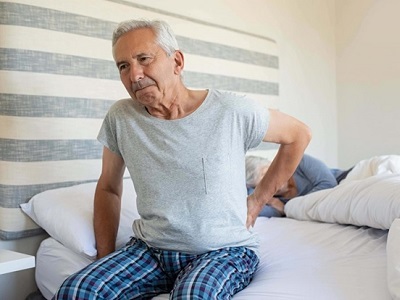 As we recognize Arthritis Awareness Month, we examine the pain associated with arthritis. Did you know that more than 45% of Americans experience arthritis pain on a regular basis? Are you one of them?
As we recognize Arthritis Awareness Month, we examine the pain associated with arthritis. Did you know that more than 45% of Americans experience arthritis pain on a regular basis? Are you one of them?
We tend to fall into bad habits as our bodies adapt to chronic pain. For arthritis sufferers, this is not new. They often develop coping habits that can actually make the condition worse. When chronic pain spikes, it often cues behaviors that, although dysfunctional, provide a short-term reward.
Our body goes into defense mode. We tend to wobble as we walk, our shoulders become more rounded and our heads and chins jut forward, teeth clench, while our smiles diminish. Over time, these physical changes can make it harder to recover. Discomfort becomes a familiar “friend”.
Prolonged chronic pain from arthritis can affect the brain chemistry and alter the mind’s and body’s response to pain. For example, emotions such as anger, anxiety and depression may distract the brain as it processes thoughts and emotions; temporarily stifling pain sensations. This type of routine may provide fleeting relief, but the resulting coping mechanisms aren’t much more pleasant.
Whether chronic pain is caused by joint and muscle pain from arthritis or is brought about with something like stress and fatigue from the pandemic, our body needs rest and recovery.
Massage and bodywork or self-myofascial release (SMR) can relieve tension and foster relaxation in the short term; they provide long-term benefits when combined with regular exercise and appropriate nutritional strategy.
To help control the emotional manifestations, a regular dose of gardening can reduce symptoms such as anxiety and depression. Spend some extra time outdoors. Being outside can produce a natural calming effect by dropping our cortisol levels. Meditation and proper breathing can help relax the mind, along with following an appropriate nutritional strategy, will also help form new behavior.
For more information about programs to reduce chronic pain, injury or improve your confidence so you can be more active, contact us. You can also refer to our FAQ page aka Questions and Answers, follow us on Facebook or Instagram for other important fitness information, email us or simply call us at 818-620-1442 for a consultation.
Source: Thernstrom 2017; Price 2013; Rolf 2009
